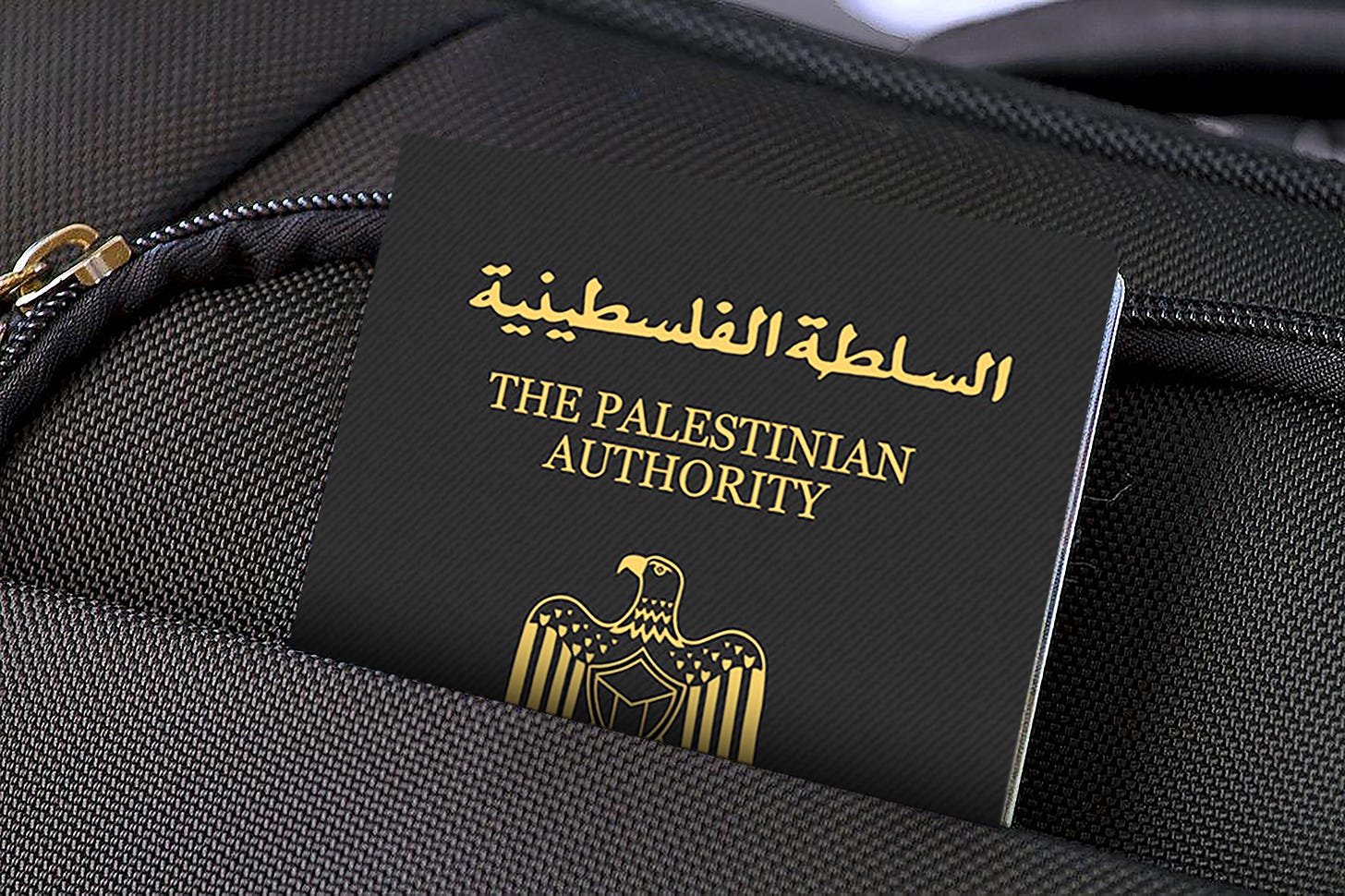The Trump administration has implemented a near-total suspension of nonimmigrant visas for individuals holding Palestinian Authority passports, a significant escalation of travel restrictions that effectively bars them from entering the United States for education, business, medical treatment, or tourism. The directive, issued in mid-August 2025 and confirmed by the State Department, marks one of the administration's most far-reaching policies targeting Palestinians, sparking immediate condemnation from human rights and pro-Palestinian advocacy groups.
The policy was communicated to all U.S. embassies and consulates through an internal State Department cable on August 18, 2025, instructing consular officers to refuse nearly all nonimmigrant visa applications from holders of Palestinian passports. The move expands on earlier, more limited restrictions and affects Palestinians globally, whether they reside in the West Bank, Gaza, or other countries.
A Near-Total Freeze on Travel
This blanket suspension goes far beyond a measure announced just two weeks prior, which halted visitor visas specifically for residents of Gaza. The new, broader policy impacts a wide array of nonimmigrant visa categories, including those for university students, business travelers, and individuals seeking to visit family or receive urgent medical care in the U.S.
According to reports from The New York Times and CNN, which viewed the diplomatic cable, officials are instructed to invoke Section 221(g) of the Immigration and Nationality Act to deny the applications. This provision is typically used when an application is missing documentation or requires further administrative processing, but it is now being applied as a blanket refusal for this specific group. The suspension does not apply to Palestinians who hold a second passport from another country and use it for their visa application.
In the cable, the State Department justified the move by stating that the U.S. does not officially recognize the Palestinian Authority (PA) as a "foreign government," even though it considers the PA a competent authority for issuing passports.
A State Department spokesperson told CNN, "The Trump administration is implementing definitive measures in alignment with U.S. law and our national security concerning the visa restrictions revocations for PA passport holders. Each visa decision is a matter of national security, and the State Department is scrutinizing and adjudicating visa applications for PA passport holders accordingly".
Part of a Broader Crackdown
The visa suspension is the latest in a series of actions by the Trump administration targeting Palestinians and their supporters. On August 29, the State Department announced it was denying and revoking visas for members of the Palestine Liberation Organization (PLO) and the Palestinian Authority, including President Mahmoud Abbas, ahead of the United Nations General Assembly.
This follows directives issued earlier in the year by Secretary of State Marco Rubio, which ordered U.S. diplomats to screen the social media of some visa applicants for anti-U.S. or anti-Israel content. That policy, which has already led to the revocation of over 300 student visas, was framed as a measure to protect national security and combat what the administration terms as antisemitism on college campuses.
These actions align with President Trump's executive orders aimed at deporting foreign citizens with "hostile attitudes" toward the United States.
Humanitarian and Diplomatic Fallout
The decision has been met with alarm by advocacy organizations, who warn of the dire humanitarian consequences for Palestinians now cut off from critical opportunities. The policy effectively strands students accepted to American universities, separates families, and blocks patients from receiving potentially life-saving medical treatments unavailable in the Palestinian territories.
The timing of the policy is also significant, coming as international condemnation of Israel's nearly two-year-long military campaign in Gaza grows. The conflict has resulted in over 60,000 Palestinian deaths, according to figures from the Gaza Health Ministry cited by international bodies and media outlets.
The move also comes as several countries are preparing to formally recognize a Palestinian state, placing the U.S. increasingly at odds with the diplomatic direction of some of its allies. The Palestinian Authority's envoy to the UN, Riyad Mansour, has urged Washington to reverse its decision regarding visas for officials, allowing them to participate in the upcoming UN General Assembly meetings.
An Uncertain Future
It remains unclear how long the blanket suspension will last, as officials have described it as temporary pending review. However, the policy creates profound uncertainty for thousands of Palestinians and signals a hardening of the U.S. stance.
Critics see the cumulative effect of these visa restrictions and deportation policies as an attempt to stifle pro-Palestinian advocacy and conflate it with national security threats. As the U.S. heads into a period of heightened diplomatic activity at the United Nations, this expansive visa ban is set to deepen the rift between Washington and the Palestinian leadership, with significant human, political, and diplomatic consequences.



